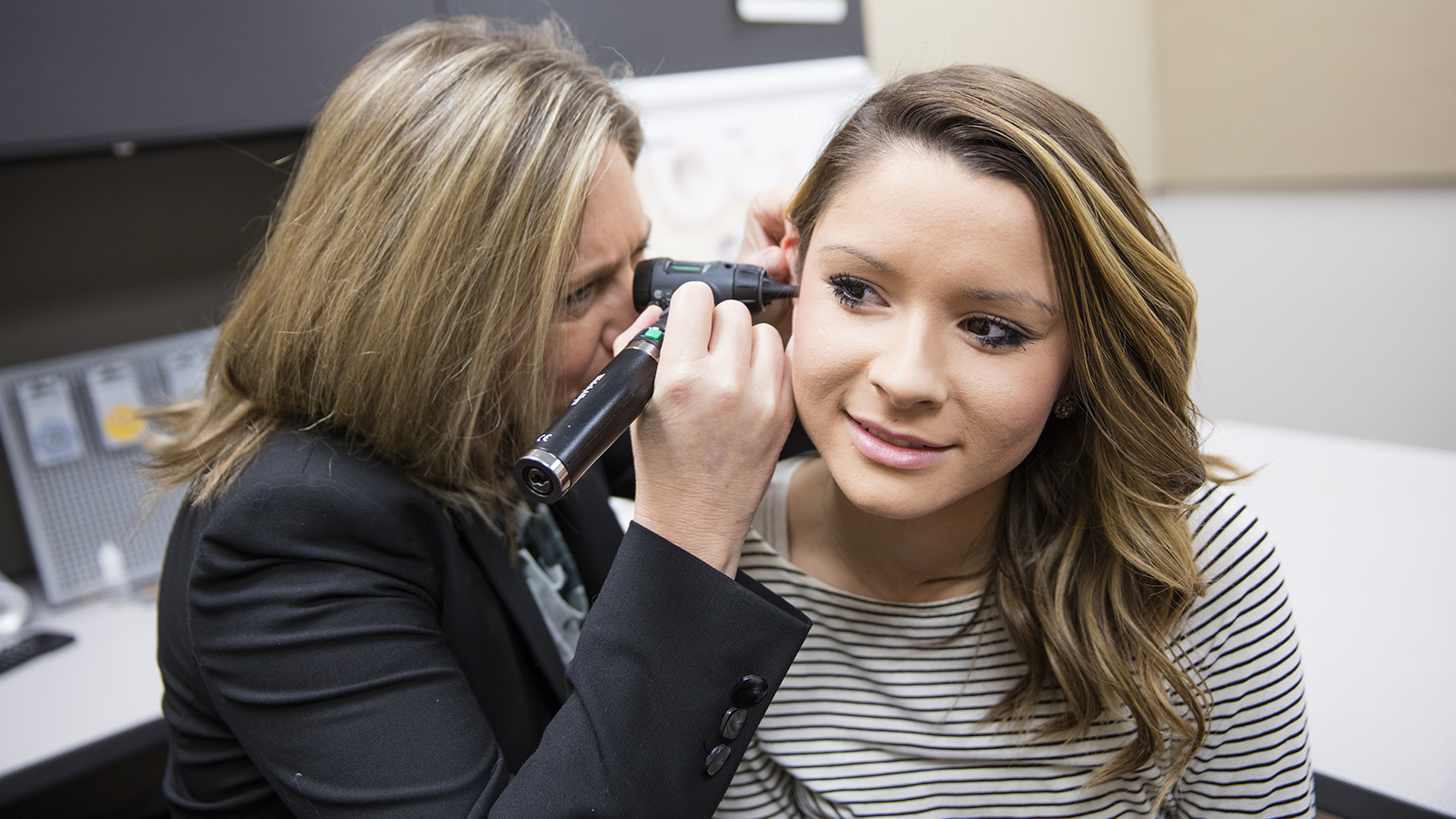
Stacie Ray established HearU Nebraska in 2007 to provide hearing aids for children whose families otherwise may not be able to afford them. Nine years later, Ray has expanded that idea as she and five other individuals from the University of Nebraska-Lincoln’s Department of Special Education and Communication Disorders make the first of what will become annual trips to Nicaragua to provide audiology services through HearU International.
Ray, an associate professor of practice in UNL’s audiology program, and Hannah Ditmars, assistant professor of practice, will travel with a group of four doctor of audiology students to provide screenings and hearing services in three locations in Nicaragua from July 30-Aug. 10. They will focus their efforts on children, while also serving working-age people in hopes of helping them secure jobs to provide for their families.
“Our purpose is to be able to impact the lives of the individuals in Nicaragua so that they can be more connected,” Ray said. “We want to help connect people with services that are already there and help build services that do not currently exist. Another important aspect is the educational impact on our students – we want to enhance their educational opportunities and get them to think beyond our borders, while giving them the tools they need to be able to build their own humanitarian programs.”
The group will arrive in Managua and work with Mayflower Medical Outreach at a clinic in Jinotega for three days. Ray and Ditmars know of just one full-time audiologist in the country of more than 6 million people, but Mayflower Medical Outreach has trained audiology technicians in Jinotega that the group will work alongside.
From Jinotega, the group will travel to León, where they will stay the remainder of the trip. They will provide services at the León School for the Deaf, as well as at the nearby town of Quezalguaque, where they will also train a nurse to help patients with hearing aid follow up.
“That will be the first time anyone has been to Quezalguaque, that we know of, to provide any kind of hearing health care,” Ray said. “The biggest component for us is making sure we’re building a sustainable humanitarian audiology program. In order to make sure it is sustainable, we have to be able to train technicians in the country who can troubleshoot the hearing aids in case something happens once we leave.”
At each location, the group will conduct screenings and diagnostic tests, before fitting hearing aids for those who need them. While Ray and Ditmars do not know the exact number of people they will serve during their 10 days in Nicaragua, their goal is to fit 70-80 individuals with hearing aids. In addition, they will leave extra supplies for the trained technicians and nurse to use in their absence.
In the United States, an average pair of hearing aids costs about $4,600, which is more than twice the gross national income per capita of less than $2,000 in Nicaragua. To offset the income disparity, Ray and Ditmars were able to purchase hearing aids with simple technology at a low cost through the non-profit International Humanitarian Hearing Aid Purchasing Program. This allows the group to provide an individual in Nicaragua with a pair of hearing aids, a one-year supply of batteries, a care kit with cleaning tools and a listening device for parents to make sure the hearing aids are working for just $250. They will also cut down on costs by making their own ear molds while in Nicaragua.
HearU International, a fund established through the University of Nebraska Foundation, is covering the cost of supplies and hearing aids, while a grant from the College of Education and Human Sciences is helping pay for student travel expenses and interpreters for the duration of the trip. Anyone interested in donating to HearU International can visit the University of Nebraska Foundation website.